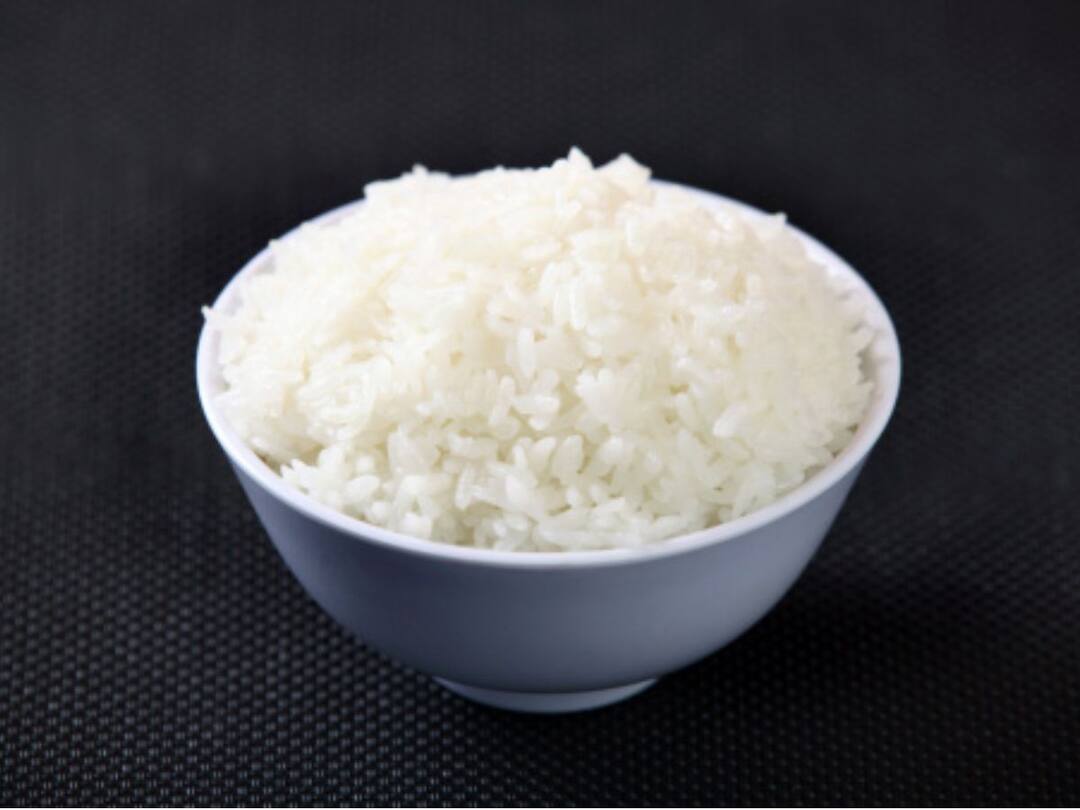Higher Intake Of Refined Grains, Including White Rice, Linked With Increased Heart Disease Risk: Study
Premature coronary artery disease is often asymptomatic early in the course of the disease but may lead to chest pain, also called angina and heart attack with progressive development of narrowing.

People enjoy consuming refined grains, especially white rice. A higher intake of refined grains was found to be associated with an increased risk of premature coronary artery disease (PCAD) in an Iranian population, according to a new study. Meanwhile, eating whole grains was associated with reduced risk of PCAD. This is the atherosclerotic narrowing of coronary arteries in males under 55 years of age or in females under 65 years of age. The study, led by researchers at the American College of Cardiology (ACC), will be presented at the ACC Middle East 2022 and at the 13th Emirates Cardiac Society Congress. The congress will be taking place in Dubai, United Emirates, from October 7 to 9, 2022.
Epidemiological studies conducted in the past have shown an association between different types of grain intake with the risk of coronary artery disease, a statement released by the ACC said. The new study analysed the association between refined and whole grains consumption and the risk of PCAD in an Iranian population.
Symptoms and risk factors of PCAD
PCAD is often asymptomatic early in the course of the disease but may lead to chest pain, also called angina, heart attack with progressive development of narrowing, called stenosis, and rupture of plaque (build-up of fat in the arteries) of the arterial wall. Smoking, high cholesterol, high blood pressure and diabetes are the risk factors for PCAD.
An article published in the New York Post said that consumption of white rice is as bad as eating Halloween candies.
Why do people consume more refined grains than whole grains?
According to the ACC statement, Mohammad Amin Khajavi Gaskarei, the lead author on the paper, said there are many reasons involved in why people may be consuming more refined grains than whole grains. He added that these cases differ between people. Economy, income, job, education, culture, age and other similar factors are some of the most important factors to consider, he further said.
Gaskarei explained that a diet that includes consuming a high amount of unhealthy and refined grains can be considered similar to consuming a diet containing a lot of unhealthy sugars and oils.
Difference between whole grains and refined grains
Whole grains contain the entire grain, while refined grains have been ground into flour or meal. In other words, they have been milled to improve shelf life. However, milling makes grain lose important nutrients.
According to a report published in the Journal of the American College of Cardiology in 2019, one should consume a diet that includes fruits, vegetables, legumes, whole grains and fish, because these foods reduce the risk factors for heart disease.
How the study was conducted
The researchers analysed 2099 individuals with PCAD as part of the new study. These individuals had undergone coronary angiography, a procedure that uses X-ray imaging to see the blood vessels in the heart. The women were aged 70 years or below, while the men were aged 60 years or less. As many as 1,168 patients with normal coronary arteries were included in the control group. The case group included 1,369 patients. These individuals had coronary artery disease with obstruction equal or above 75 per cent in at least a single coronary artery or equal or above 50 per cent in the left main coronary artery.
Findings of the study
The participants were asked to fill a food frequency questionnaire so that the researchers could assess the individuals' dietary behaviours, evaluate the association between whole grain and refined intake, and the risk of PCAD in those without prior diagnoses of heart disease.
The researchers adjusted for certain factors, and found that a higher intake of refined grains was associated with an increased risk of PCAD, while the intake of whole grains was inversely related to risk of PCAD. In other words, whole grains led to reduced risk of PCAD.
Related Video
Southern Rising Summit 2024: How Important is Self-Awareness? Insights from Anu Aacharya | ABP LIVE






































